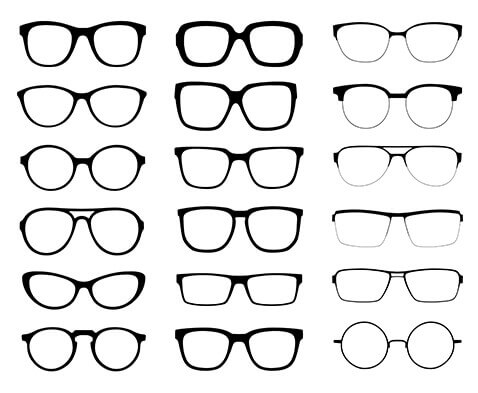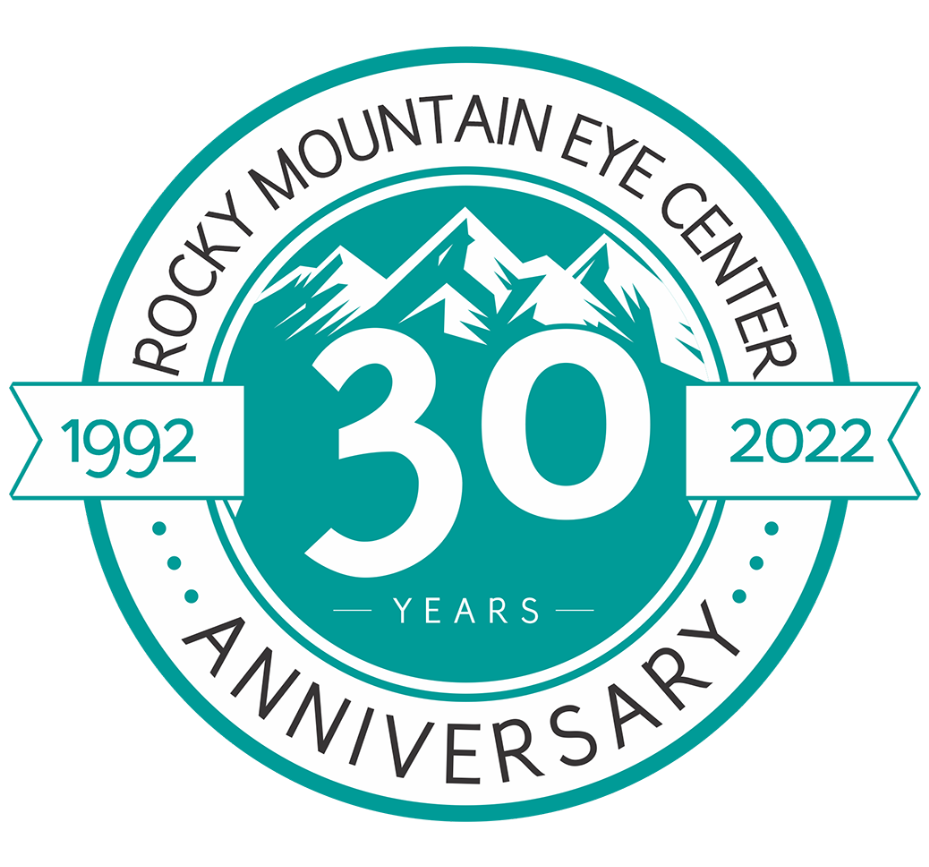
Eyeglasses

Like clothing, the frame you choose is a reflection of your style. Therefore, we try to offer diversity within our frame selection, balancing traditional models with the newest and trending styles. We offer titanium, stainless steel alloys and a large selection of rimless frames. Our experienced opticians will help you to determine whether your correction is well suited for the frame you select.
Your Lenses
Your lenses are custom made according to your prescription. Eyeglass prescriptions for routine correction are normally good for two years. We provide premium product lenses within a reasonable time, usually five to seven working days.
Adjusting to Your Lenses
Things such as medications, a change in lens material (glass to plastic) or changing lenses for the first time in several years may cause your vision to seem blurry until you adjust to the change. When you receive your new lenses, we suggest you wear them for a minimum of at least one (1) full week.
If you are still having trouble after two weeks, please come into the optical shop at your convenience and we will check your glasses/sunglasses. If necessary we will schedule you to have the doctor re-examine you at no charge.
Coating
Ultra violet (UV) coating is added protection against the sun’s harmful ultra violet rays. Scratch resistant coating is clear and adds a layer of durability on plastic lenses. A few scratch coatings are comparable to the scratch resistance of glass and have a two-year warranty. Polycarbonate lenses are naturally scratch resistant & UV rated. Anti-reflective coating alleviates the glare encountered from overhead lights, computer screens, and other reflective surfaces. These lenses are highly recommended for individuals experiencing difficulties with night driving..
Types of Lenses
Photochromatic Lenses
Photochromatic lenses are lenses that change from clear indoors to darker when outdoors Transition lenses are made from plastic. These lenses do not normally change when in an automobile. Transition Lenses are plastic photochromatic lenses. Photogrey is a photochromatic lens made from glass they are clear indoors, and change to a darker shade when they are outdoors or are exposed to cold temperatures.
Polarized Lenses
Polarized lenses have an imbedded chemical film to eliminate the most harmful rays and offer the clearest vision in a sunglass. Polarized lenses may reduce the visibility of images produced by LCD (liquid crystal display) screens found in cars, boats and other equipment that uses LCD technology.
Office Lenses
The office lens is designed for professionals, computer users and those with hobbies. It is a mid-range lens that allows you to see clearly between 10″ and 24″ while maintaining a natural head position.
Progressive (no-line) Lenses
Progressive lenses are often referred to as no-line bifocals. Because they have multiple optical ranges in the lens you can see distance (road signs), intermediate (18-36 inches) and near (close). If you find that you are unable to adapt to the lens, we can exchange your progressive lens for bifocals or trifocals, or work with you on other possible options at no charge.
Sunglasses
Sunglasses are very important to the health of the eye. Cataracts, macular degeneration, and glaucoma are all conditions can progress with ultraviolet exposure. While many over the counter sunglasses may be advertised as having Ultraviolet protection, it is important to note that there are three levels of harmful UV light A, B, and C. Most do not cover all UV ranges or they do not provide 100% UV protection. Because we live at a high altitude, our doctors recommend all patients wear a quality pair of sunglasses.



